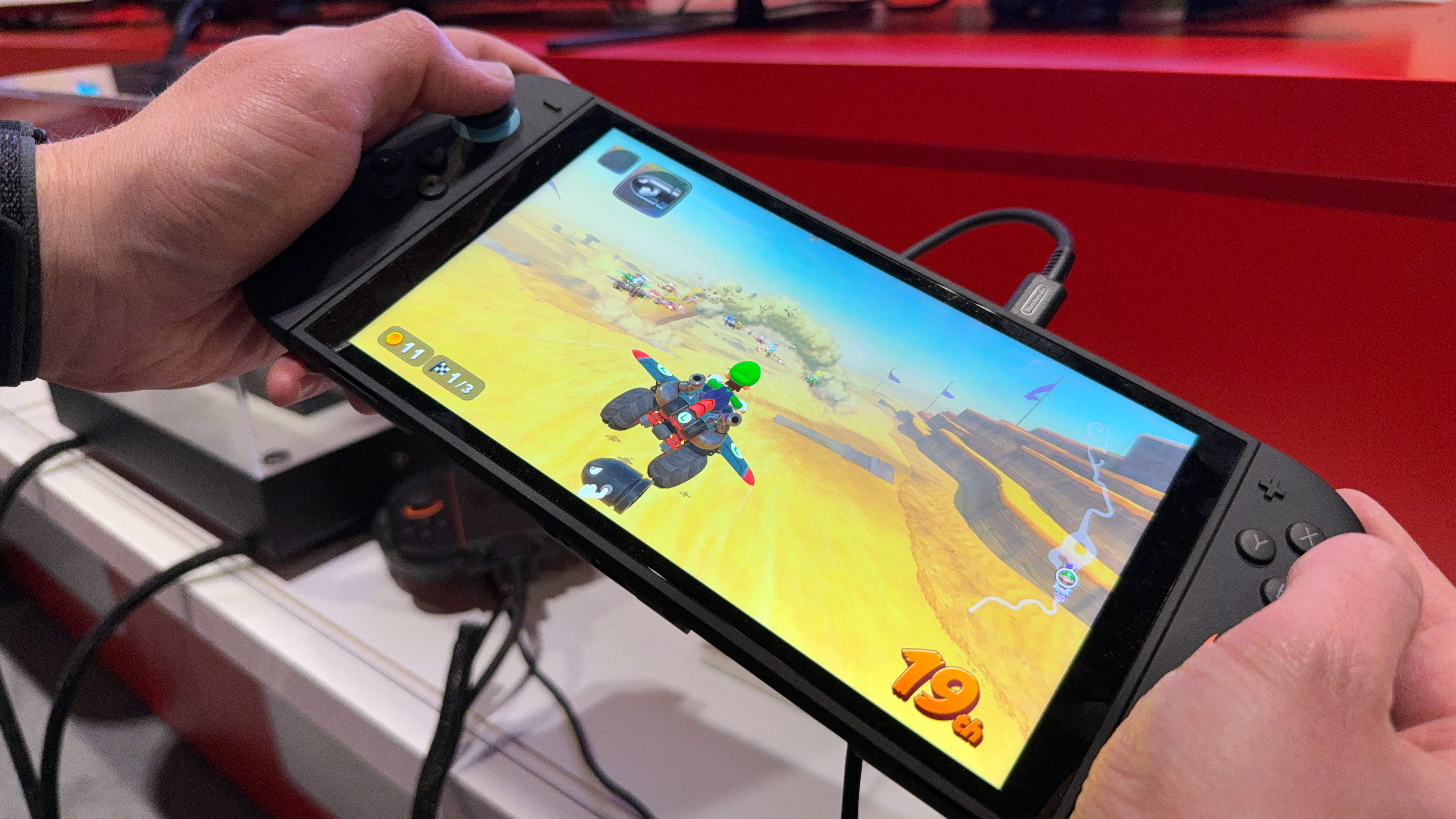Qualcomm plans M1 chip killer — thanks to ex-Apple employees
New Qualcomm chief sees Nuvia acquisition as crucial in fight with Apple and Intel

While Qualcomm makes chips that appear in a handful of Windows devices — including the Surface Pro X — it’s fair to say that the company isn’t as prominent on laptops as it is in the world of mobile, where it powers all of the best Android phones.
But the company’s new CEO, Cristiano Amon, has outlined his plans to change that in an interview with Reuters. He told the publication that he believes Qualcomm can design the best chip on the market, and the plan to take on both Intel and Apple’s M1 laptops intriguingly hinges on the acquisition of a company started by some of Apple’s own chip building alumni.
- The best laptops you can buy
- Nintendo Switch Pro: Nintendo President finally comments
- PLUS: iPhone 12 mini reportedly killed ahead of iPhone 13 launch
Earlier this year, when Amon was still head of Qualcomm’s chip division, the company announced the $1.4 billion acquisition of Nuvia, a startup founded by three former Apple engineers with a background in chip design. The plan is to begin selling Nuvia-designed laptop chips next year, with the hope that it can take a bite out of both Apple and Intel in the process.
Having previously sold PC chips using designs licensed from ARM, this is quite a big change in strategic direction, but according to Amon, a necessary one.
“We needed to have the leading performance for a battery-powered device," Amon told Reuters. "If Arm, which we've had a relationship with for years, eventually develops a CPU that's better than what we can build ourselves, then we always have the option to license from Arm."
Battery life is certainly an area where Apple has achieved great gains by switching to its own chips. Last year’s M1 powered MacBook Air lasted 14 hours and 41 minutes in our web surfing battery test, while the M1 MacBook Pro did even better with 16 hours and 32 minutes. That compares to 9:31 and 10:21 on the respective previous models.
The report touches on Qualcomm’s experience of 5G and the possibility of putting that connectivity in laptops, which would put it at a real advantage over Apple. To date, Apple hasn’t added 5G or LTE to any of its laptops — M1 or otherwise — though the latest M1 powered iPad Pro does have a 5G option available. Apple is also in the process of developing its own 5G modems.
Sign up to get the BEST of Tom's Guide direct to your inbox.
Get instant access to breaking news, the hottest reviews, great deals and helpful tips.
Amon says that the chips will be destined for consumer laptops, rather than data centers, but that the company isn’t averse to licensing Nuvia designs to companies interested in building chips for cloud computing systems.
With AMD making inroads with more and more laptop makers and Qualcomm stepping up its game, the next year or two should be highly competitive. And that's good for consumers.
Freelance contributor Alan has been writing about tech for over a decade, covering phones, drones and everything in between. Previously Deputy Editor of tech site Alphr, his words are found all over the web and in the occasional magazine too. When not weighing up the pros and cons of the latest smartwatch, you'll probably find him tackling his ever-growing games backlog. Or, more likely, playing Spelunky for the millionth time.
-
varase Ah ... if only Qualcomm's M1 killer was as real as Tom's Guide's click bait - instead it's kinda maybe here's what we plan on doing ...Reply
Everyone in the world is gonna make their own chips - including Microsoft.
Of course, saying you're going to do it counts for much more than actually doing it - after all, we hired three guys from Apple's thousands of engineers actually doing it who are in no way encumbered by NDAs or non-competes and can freely use the notes and designs they took while at Apple.

